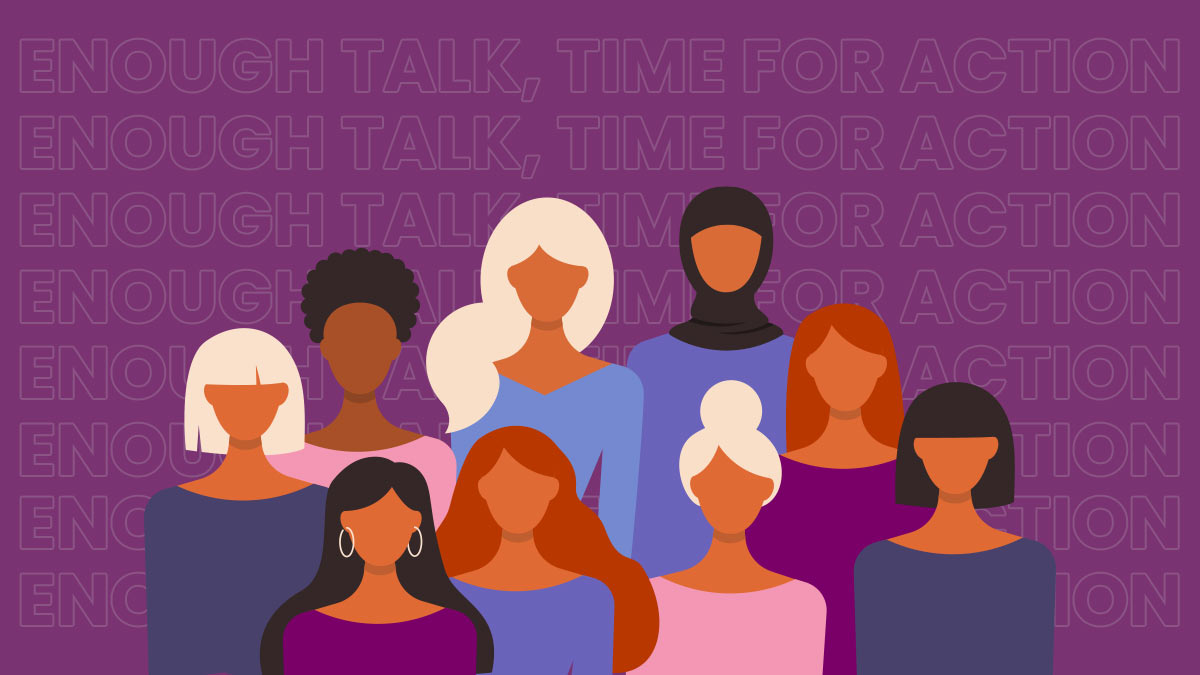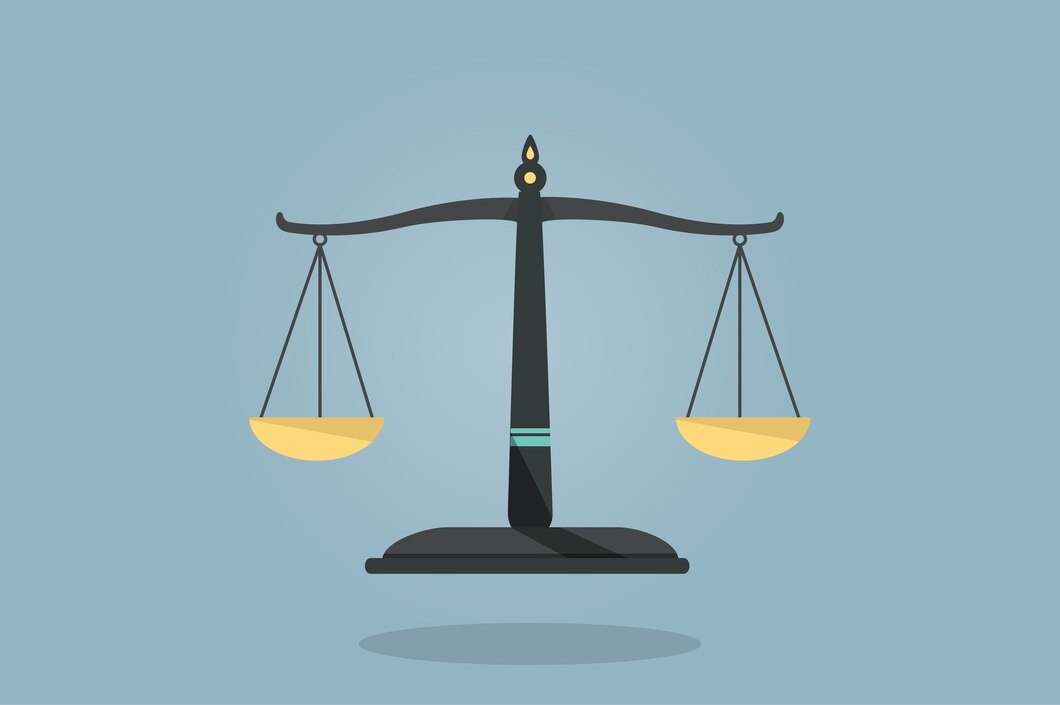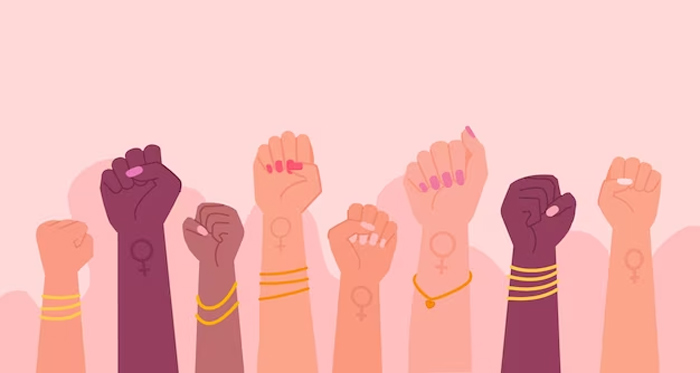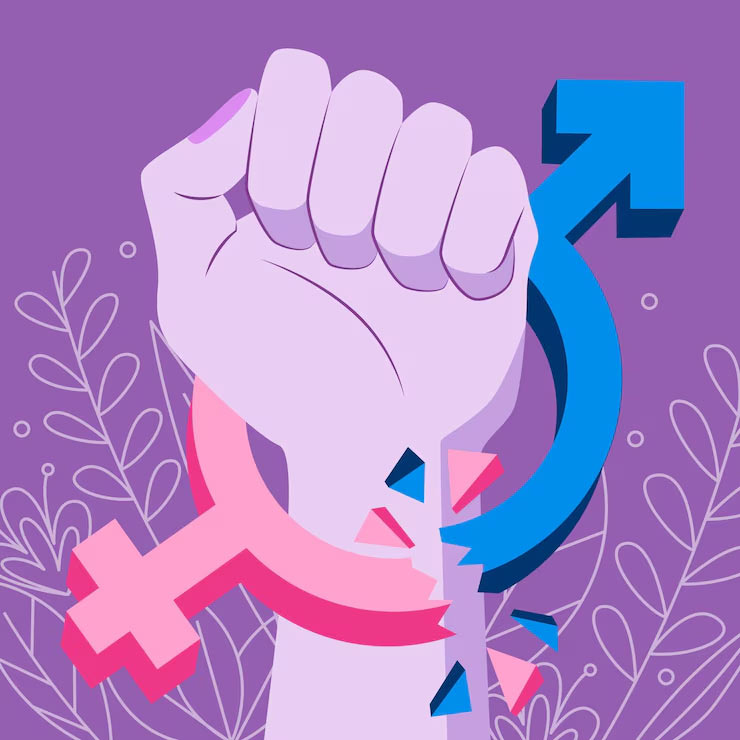
International Women’s Day has arrived and once again the spotlight shines on women, women's achievements, women's rights, gender bias, equality issues, women's health, and empowerment among others. Despite the fervour surrounding Women's Day, the reality for women in India remains the same. The progress toward a better world for women is slow and we still have a long way to go. Among the multitude of challenges women face daily in the country, many stem from the laws and their implementation.
We stand in 2024 and amidst all the chatter around empowerment, little has anything changed for us. This Women’s Day, instead of merely yearning for overnight transformation within the Indian justice system, we thought of sharing with you some real reforms that can bring about meaningful change.
In a disturbing incident, a foreign tourist from Spain was allegedly gang-raped by seven men in Dumka, Jharkhand recently. She along with her partner in the makeshift tent at Kurumahat were also robbed and beaten up by the perpetrators. (Read the full story here - 8 accused in the case were soon arrested after an extensive manhunt. Jharkhand police also handed over the Spanish tourist a compensation of ₹10 lakh. The state police' speedy action in the case has become the talk of the town and restored the public's confidence in the justice system.
The need of the hour is the effectiveness of law enforcement and the justice system but not solely for cases like this one that spark global outrage.
According to a report by Human Rights Watch, many domestic workers in the country wrote to Smriti Irani demanding a safe workplace in postcards. The postcard campaign back then was supported by many foundations supporting domestic workers. Amidst the chatter, one common issue rose to the spotlight, in a country like India where it is a task to even file a rape report, how easy would it be to report an employer's inappropriate behaviour.

According to National Commission For Women (NCW) data, 2349 molestation complaints were registered in 2023. Many women continue to fear reporting sexual harassment cases even today, some reasons being lack of confidence in the effectiveness of the legal system, fear of retaliation, and social stigma to name a few. With a stronger set of sexual harassment laws in place, victims will find it easier to identify and report harassment incidents and seek justice. Accountability for perpetrators will also send across a clear message that sexual harassment is an offense and unacceptable.
Siddharth Chandrashekhar, Advocate and Legal Counselor, Bombay High Court said, "There is a dire need to strengthen Indian laws. Although The Bharatiya Nagarik Surakhsha Sanhita Act, Bharatiya Nyaya Sanhita & Bharatiya Sakshaya Adhiniyam are yet to come into effect from July 1, 2024, and we are gauge their effectiveness at a first responder level."
"These new acts have taken few suggestions into consideration (such as a separate penalty provision for “gang rape”.

For perpetrators 16 years of age and above, punishment under the Indian Penal Code, 1860 as of today is a minimum of 7 years of imprisonment and a maximum, of life imprisonment. However, the new acts are yet to enhance provisions related to rape, domestic violence, sexual harassment, and honor killings," he added.
Over four lakh cases and 21,088 appeals were reported pending under the Domestic Violence (DV) Act in 2022. The judicial pendency leads to the victim's continued vulnerability in an unsafe environment, and loss of faith in the justice system and for some women, it also takes a toll on their mental health, following which they find it easier to end their lives.
With more fast-track courts in the country, not only will women get timely justice but expedite will also increase accountability, restore faith in Indian law, and send out a message that victims can easily seek recourse.

A lot of Indian laws and practices reek of gender bias, be it personal laws including the Hindu Marriage Act, the Dowry Prohibition Act, the Criminal Law (Amendment) Act, 2013, Hindu Succession (Amendment) Act, 2005 to name a few.
Don't Miss: Know Your Rights: 10 Legal Safeguards Every Indian Woman Should Know
The brainchild of Chief Justice Of India (CJI), Dhananjaya Y Chandrachud's handbook on combating gender stereotypes replaced some gender unjust terms with more sensitive phrases in a move to remove preconceived gender stereotypes last year. However, given the Indian society's deep-rooted patriarchy, women representation, religious beliefs and cultural norms, and institutional biases, we need a lot more than just a handbook. Don’t you think?
What are your thoughts on the Indian justice system? Share with us on our social media handles and for more such stories, stay tuned!
Also watch this video
Herzindagi video
Our aim is to provide accurate, safe and expert verified information through our articles and social media handles. The remedies, advice and tips mentioned here are for general information only. Please consult your expert before trying any kind of health, beauty, life hacks or astrology related tips. For any feedback or complaint, contact us at [email protected].